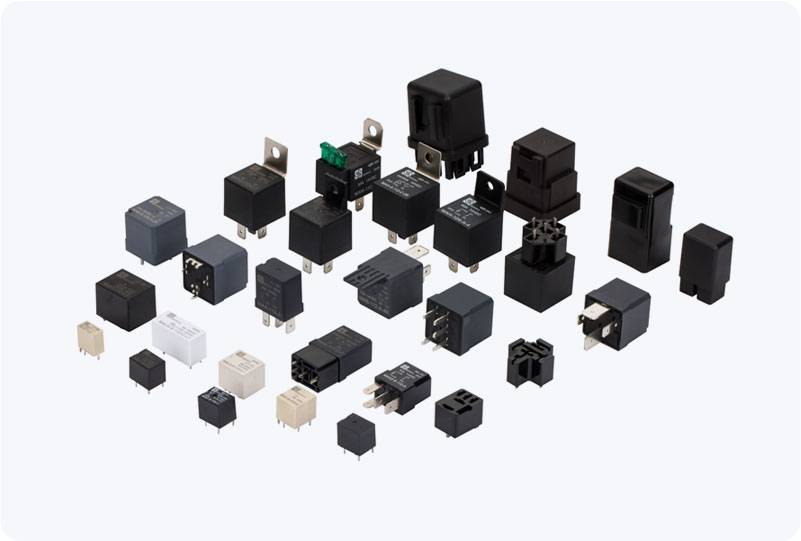A Motor Starter Relay is an essential component in modern electrical systems, widely used to control the start and stop operations of electric motors. It ensures that motors operate safely and efficiently by regulating electrical current and providing protection against overloads. In this article, we will delve into the working principle, key components, and applications of Motor Starter Relays, highlighting their significance in both industrial and residential settings.

What is a Motor Starter Relay? A Motor Starter Relay is an electrical relay designed specifically for motor control. It is primarily used to initiate the starting process of an electric motor and to disconnect the motor when it is no longer needed. These relays work in conjunction with other components like overload protection devices, contactors, and circuit breakers to ensure that the motor operates within safe electrical parameters. How Does a Motor Starter Relay Work? The working principle of a Motor Starter Relay revolves around the control of electrical current. It acts as a switch that opens and closes circuits to either allow or stop the flow of current to the motor.